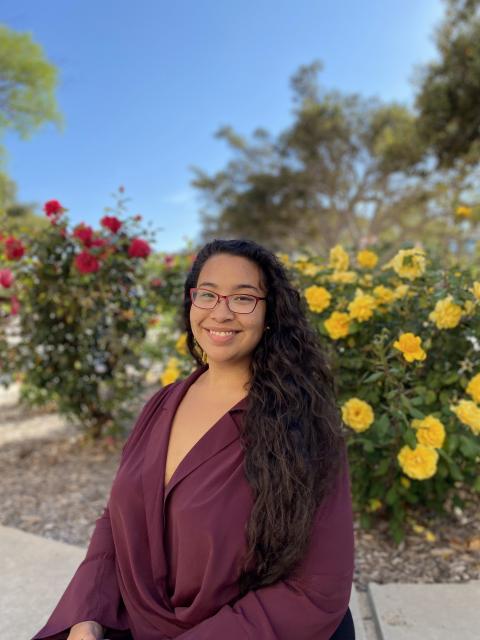Abstract: During this thesis defense I will describe my work in the synthesis, isolation, characterization, and application of a Ru-MACHO® derived dihydride complex that displays CO2-reduction activity. Research efforts focused on decreasing the impact of CO2 emissions must work to design processes that generate high-value products without requiring a high input of energy. One method that addresses this concern is combined CO2 capture and CO2 conversion, where electrochemistry can be utilized to perform CO2 conversion under mild conditions. Reactive capture of CO2 (RCC) involves the direct conversion of captured CO2 following the reaction of gaseous CO2 and a capture reagent. Traditional carbon capture and utilization (CCU) methods rely on thermal energy to convert CO2 to value-added products, whereas electrochemical RCC can provide a less energetically costly alternative. Electrochemical conversion of CO2 to products like formate and methanol has provided an excellent platform for RCC methods. Many complexes typically used in harsh hydrogenation reactions may be repurposed as electrocatalysts. As the Yang group and others have demonstrated, metal hydrides can be generated as intermediates via electrochemical cycles for CO2 reduction. Ru-MACHO® has been utilized extensively to perform hydrogenations of CO2, and captured-CO2 substrates (i.e. carbamates, carbonates, amides), however the intermediate responsible for this transformation has never been isolated, characterized, or probed for use as an electrocatalyst. I was able to isolate a crystal that confirmed the structure of this Ru-MACHO-dihydride using X-ray crystallography, and then demonstrated the ability of the dihydride to stoichiometrically reduce both CO2 and dimethylammonium dimethylcarbamate to formate.
Speaker:
Institution:
Location:

